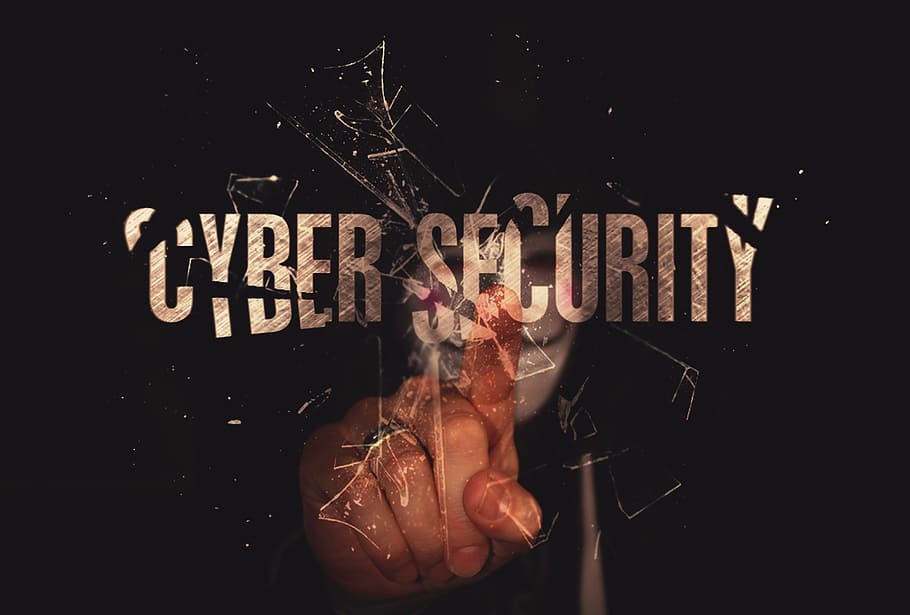
Cybersecurity has become a critical concern for businesses of all sizes and industries due to the increasing number of cyberattacks targeting sensitive data. With the growing number of cybersecurity threats, regulations, and standards have been established to ensure that businesses maintain adequate security measures to protect their data and systems.
In this article, we will explore the various industry regulations and standards that companies must comply with to maintain a secure cybersecurity posture.
- GDPR
The General Data Protection Regulation (GDPR) was introduced in May 2018 and applies to any business that collects or processes data from EU citizens. The regulation requires companies to implement technical and organizational measures to protect personal data from unauthorized access, destruction, or disclosure. Businesses must also report data breaches within 72 hours of discovery and obtain explicit consent from individuals before collecting or processing their data.
- HIPAA
The Health Insurance Portability and Accountability Act (HIPAA) applies to healthcare organizations and requires them to implement specific security measures to protect electronic protected health information (ePHI). HIPAA mandates that healthcare providers implement technical and administrative safeguards to protect ePHI from unauthorized access, use, or disclosure.
- PCI DSS
The Payment Card Industry Data Security Standard (PCI DSS) applies to any business that processes, stores, or transmits credit card information. PCI DSS requires companies to implement specific security controls to protect cardholder data, including maintaining secure networks, restricting access to cardholder data, and regularly testing security systems and processes.
- NIST
The National Institute of Standards and Technology (NIST) is a US-based organization that develops guidelines and standards for information security. NIST provides a cybersecurity framework that organizations can use to assess and improve their cybersecurity posture. The framework includes five core functions: identify, protect, detect, respond, and recover.
- ISO/IEC 27001
ISO/IEC 27001 is a widely recognized international standard that provides a framework for information security management. The standard requires businesses to implement a risk management approach to identify, evaluate, and mitigate information security risks. ISO/IEC 27001 also mandates that companies implement a formal information security management system (ISMS) and regularly monitor and review the effectiveness of their security controls.
- SOC 2
Service Organization Control (SOC) 2 is a compliance framework that applies to service providers that store or process customer data. The framework includes five trust service categories: security, availability, processing integrity, confidentiality, and privacy. SOC 2 requires service providers to implement specific controls to ensure the security, availability, and confidentiality of customer data.
- FISMA
The Federal Information Security Management Act (FISMA) is a US-based law that mandates federal agencies and contractors to implement security controls to protect government data. FISMA requires federal agencies to implement a risk management approach to identify and assess security risks and implement appropriate security controls to mitigate those risks.
- SOX
The Sarbanes-Oxley Act (SOX) is a US-based law that requires publicly traded companies to implement internal controls to ensure the accuracy of financial reporting. The law includes specific provisions related to the protection of financial information and requires companies to implement controls to prevent unauthorized access to financial systems and data.
By complying with the above industry regulations and standards, companies can reduce their exposure to cybersecurity risks and ensure the security and privacy of customer data. Ultimately, cybersecurity compliance is an essential aspect of maintaining a strong cybersecurity posture and safeguarding a company’s reputation and business operations.
